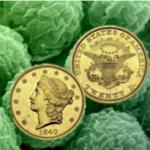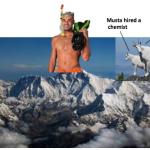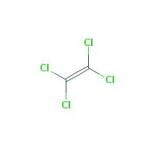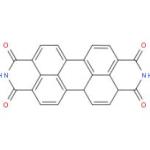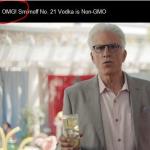Basile Tesseron, who runs the Lafon-Rochet estate (one of the ten Quatrièmes Crus [Fourth Growths] listed in Emperor Napoleon III's Bordeaux Wine Official Classifica
Chemicals & Chemistry
So, my longtime, dear friend Jamie Ragusa sees me walking by his house last week, runs out, and practically drags me inside because he wants to show "Mr.
Due to concern about misapplication, or accidental spread, of the weedkiller dicamba in 2017, which harmed some crops that were not optimized for it, EPA has expressed concern about its use and was set to end registration but after meeti
Let's have a multiple choice test.
If you want to climb Everest you should:
a) Hire a Sherpa
b) Hire a chemistry tutor
It's hard to have a serious discussion about pollution while pretending that 2.7 billion people, over a third of the world's population, are not creating pollution because they have been given "developing" nation status.
Smirnoff, a vodka brand owned by British company Diageo, recently undertook an ad campaign starring celebrities Ted Danson and Jenna Fischer
Over the last 15 years, PNAS, the Proceedings of the National Academy of Sciences, has gone into serious decline.
The chemophobia-for-profit crowd has a very good trick up its sleeve and it is played constantly. Because it works. Let's say that the NRDC and its sycophants decide that Chemical A is all of a sudden dangerous.

